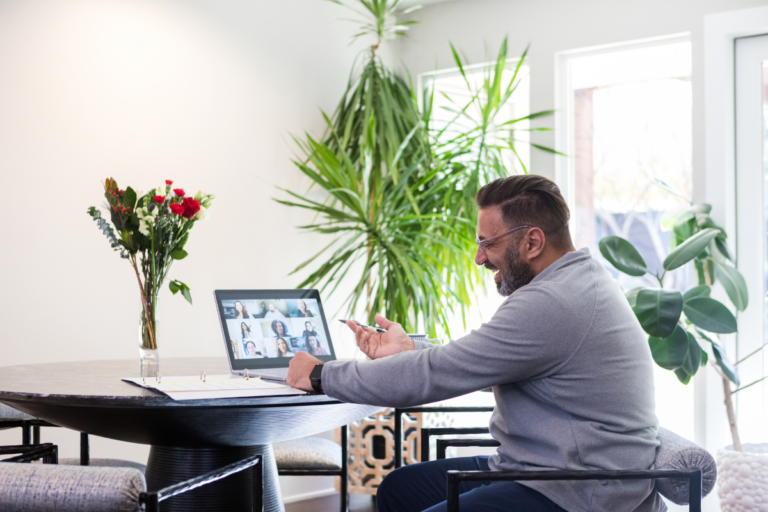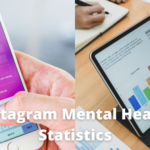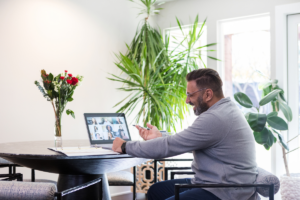There’s always been a stigma to calling in sick. It’s widely perceived as a sign of weakness, and one which points to a lack of toughness and reliability.
If you can’t handle the challenge of a headache, so goes the logic, how can you be expected to handle some of the professional challenges that might come your way once you’re in an important position?
Thus, ambitious employees, perhaps understandably, fear that calling in sick one too many times might harm their professional prospects in the long term.
Recent research lends credence to this view. Around 22% of UK workers said it would “take a lot” for them to call in sick, according to a survey by signage printing specialists instantprint. A further 21% said they’d been calling in sick less often in the wake of the pandemic.
Of course, not everyone has the same attitude. The survey also revealed that around one in 10 workers would regularly call in sick even when they didn’t actually feel unwell. This behaviour was most prevalent in Belfast, where 33% of residents admitted to “pulling a sickie”, compared with 19% in Southampton and 14% in London.
Many modern companies can track the rate of absenteeism extremely closely thanks to payroll software. This means everyone who calls in sick can be sure their absence will be noticed.
If you’ve already had a warning about persistent absenteeism, you might decide you don’t want to push your luck.
Why Did We Call in Sick Less Often During the Pandemic?

Data from the Office of National Statistics (ONS) reveals the absence rate in the UK fell to 1.8% in 2020 – a record low. There are several reasons why this might be the case.
If you’re working from home, the risk of you transmitting a disease to a colleague is reduced.
After all, if you’re not going to be meeting your colleagues it’s unlikely that you’ll transmit any contagious infection to them – whether it’s Covid-19 or anything else. We might work through a sickness without any of our colleagues even realising it.
There’s also the impact of economic uncertainty to factor in. Unemployment has spiked during lockdown, despite unprecedented government intervention. It’s only natural that employees might worry about holding onto their jobs.
Why Not Work When You’re Sick?

All of this might make you wonder if there’s really anything wrong with working when you’re sick. If you’re not going to be spreading an infection, what’s wrong with powering through?
The short answer is it depends on just how sick you are – and only you know exactly how bad you feel. In some cases, you really can just get over it and continue working.
Work might even be an effective distraction to take your mind off being ill. But in others, doing so might be inadvisable.
For one thing, you’ll put your health – both mental and physical – at risk. If you’re feeling like you’re about to buckle under the weight of all the responsibility you’re carrying, throwing sickness on top of everything is unlikely to help.
Moreover, being ill is likely to affect the quality of work you’re doing. If you’re having trouble concentrating because of your illness, mistakes are likely to be more frequent. In some occupations, this loss of performance can be disastrous.
If one of your reasons for failing to call in sick is you don’t want it to reflect badly on your career, you should consider whether you’re able to do the job effectively if you do turn up.






























